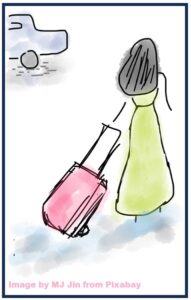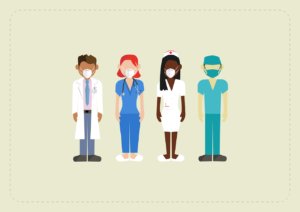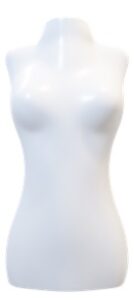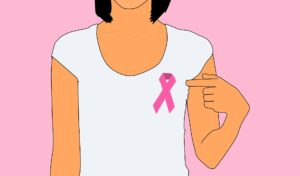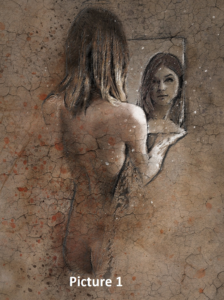Article contributed by Dr Ong Tien Kwan (Klinik Ong)
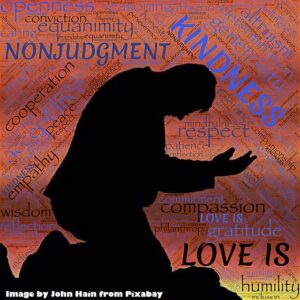
A wise action – whether through bodily action, verbal action or mental action – is an act that is beneficial to the doer, the recipient and the community. For example, an act of generosity is a wise action because it brings benefits to the doer, the recipient and the community. A wise person is one who acts wisely.

In contrast, a foolish action is one that is harmful to oneself, to others and to the community. For example, a raging (angry) action brings harm to oneself, to others and to the community. A fool is one who thinks that his or her foolish action is beneficial to himself or herself, when in fact, it is not. Often, this is because he or she is only able to see the short-term gain but unable to see the long-term loss.

